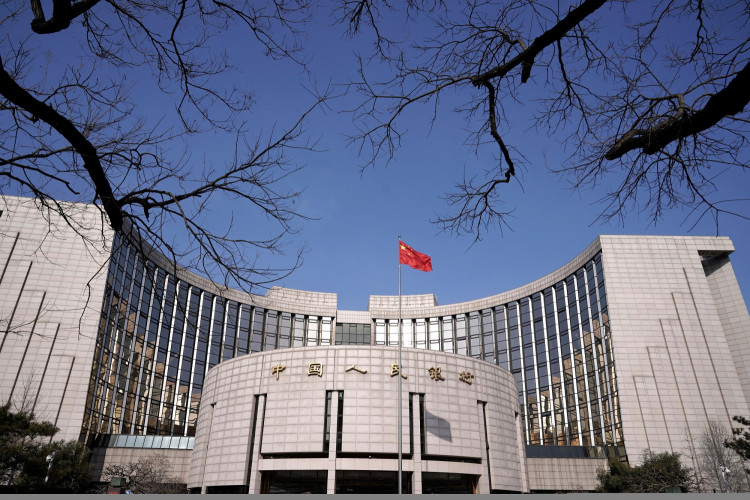The China city of Shenzhen has launched a new trial program to further promote the use of the country's recently launched digital currency, called the Digital Currency Electronic Payment (DC/EP), and further develop the technology. The municipal government announced that it will be holding a giving away the currency to lucky residents through a lottery.
All individuals living in Shenzhen will be allowed to take part in the lottery, which will be giving away digital currency packages worth 10 million yuan or roughly around $1.49 million. About 50,000 packets will be given away with each packet being worth 200 yuan.
Residents interested in joining the lottery will have to first register for the program. After they register using their mobile phone numbers and valid identification cards, participants will simply have to wait for a text message to know if they were one of the chosen winners.
Winners of the lottery will be given instructions on how to open a digital wallet and download the digital yuan application for them to receive their packets. Those who receive the packets will be able to use the digital money, which will be considered as good as cash, in over 3,389 merchants located in the Luohu district of Shenzhen, Guangdong province.
The merchants that had participated in the program have reportedly all completed the necessary modifications to their systems to receive the digital yuan. Participating merchants include supermarkets, restaurants, retailers and lifestyle service providers. The packets will only be valid until 12 midnight Oct. 19.
Shenzhen's program is meant to further research and test use-case scenarios for the recently launched digital yuan. Several other Chinese cities have launched their own program to test out the digital money. According to the People's Bank of China, transactions using the digital currency have so far exceeded 1.1 yuan since it was launched. The value was reached through over 3.13 million transactions conducted throughout various pilot programs in select cities and regions.
Since its launch in August, the PBOC has managed to identify more than 6,700 use cases for the digital currency. This includes more common transactions such as retail purchases to relatively newer use cases such as payment for government services.





